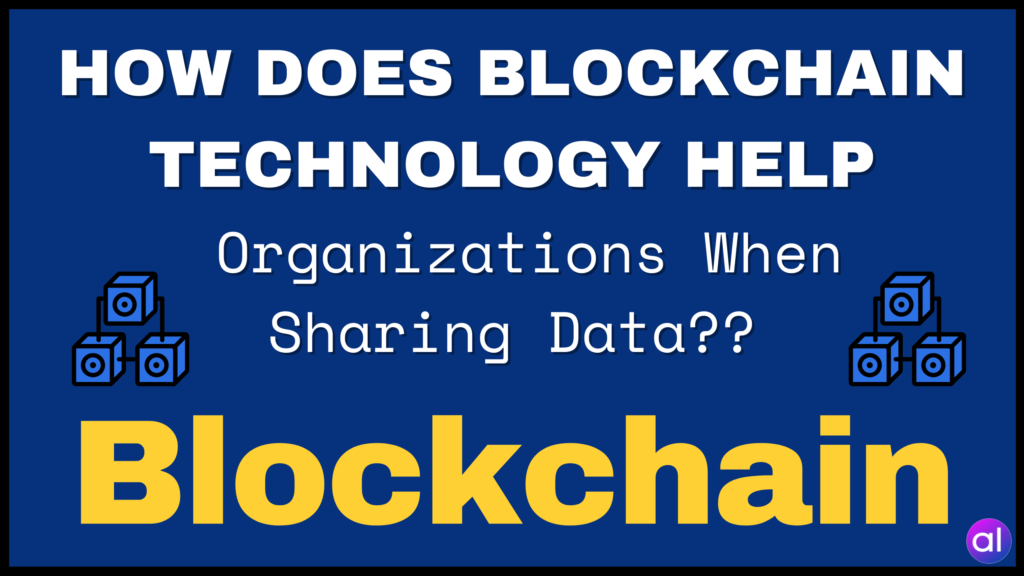
Blockchain technology is revolutionizing various aspects of our world, including crowdfunding. Currently, around 40 million people, or 0.5% of the global population, are using blockchain technology. This technology is secure, fast, and transparent, making it ideal for enhancing businesses. Blockchain is gaining popularity in crowdfunding app development, and this article delves deep into the potential of blockchain-based crowdfunding as a groundbreaking business concept, as well as the pros and cons of crowdfunding.
Blockchain-Based Crowdfunding: Explaining The Terms
Before exploring how blockchain technology can enhance crowdfunding, let’s clarify some key terms. Crowdfunding is a platform that allows startups to raise funds through various models such as Peer-to-Peer, Rewards, Donations, and Equity.

Peer-to-Peer lending involves investors profiting from their investments within a specific timeframe. The Rewards model offers immediate benefits to investors based on their contributions. Donation-based crowdfunding allows financial support without expecting anything in return. The Equity model provides asset-based funding where investors become co-owners of the startup they invest in.
How can Blockchain increase the efficiency of Crowdfunding platforms?
Blockchain technology can revolutionize crowdfunding by enhancing transparency, simplicity, and speed in financial transactions, leading to a better customer experience.
Blockchain and crowdfunding can work together to transform fundraising for creators.
Advantages of Crowdfunding
1. Convenience: Crowdfunding offers flexibility and accessibility, allowing startups to launch campaigns without restrictions on timing or location.
2. Great alternative to banks: Crowdfunding provides an alternative to traditional bank loans, offering various funding options with favorable terms.
3. Platform Options: Crowdfunding platforms cater to different industries, providing a wide range of choices for businesses.
4. Control of Decisions: Unlike traditional funding methods, crowdfunding allows entrepreneurs to retain control over key business decisions.
5. Test Marketability: Crowdfunding helps evaluate market interest in a concept before official launch, providing valuable insights for entrepreneurs.
6. Gives access to new networks: Crowdfunding platforms connect businesses with a supportive community, expanding their reach and visibility.
7. Lays strong foundations: A successful crowdfunding campaign lays the groundwork for future ventures by building a network of active supporters.
8. Lower financial risks: Crowdfunding allows entrepreneurs to explore ideas without significant financial risks, helping them assess market demand effectively.
Disadvantages of Crowdfunding
1. Lack of flexibility: Once a crowdfunding campaign is launched, changes to the campaign details may not be possible, leading to potential complications.
2. Negatively False: False-negative results can mislead entrepreneurs about the reasons for project failure, hindering future decision-making.
3. Takes significant time and planning: Successful crowdfunding campaigns require thorough planning, organization, and ongoing communication with investors.
4. Theft of Concepts: Publicly crowdfunded projects are at risk of idea theft, posing a significant challenge for entrepreneurs.
5. Non-Consumer Projects are difficult: Crowdfunding success is more common in B2C ventures than B2B projects due to consumer appeal.
6. Greater Transparency: Crowdfunding demands transparency, which may not suit all entrepreneurs, as financial and critical information must be made public.
7. Platform Fees: Crowdfunding platforms deduct fees from total investments, affecting the overall funds raised by a campaign.
8. Acquiring Funds: Crowdfunding campaigns require waiting for the campaign deadline to collect donations, which can be a time-consuming process.

How Blockchain Helps Crowdfunding to fix its drawbacks
Blockchain technology enhances crowdfunding by decentralizing processes, tokenizing investments, and implementing smart contracts for increased efficiency and security.
Final thoughts: Blockchain-based crowdfunding has the potential to transform the crowdfunding landscape, offering new opportunities for entrepreneurs and backers. Understanding the advantages and disadvantages of crowdfunding can help you make informed decisions. Share your thoughts and ideas on this topic!



